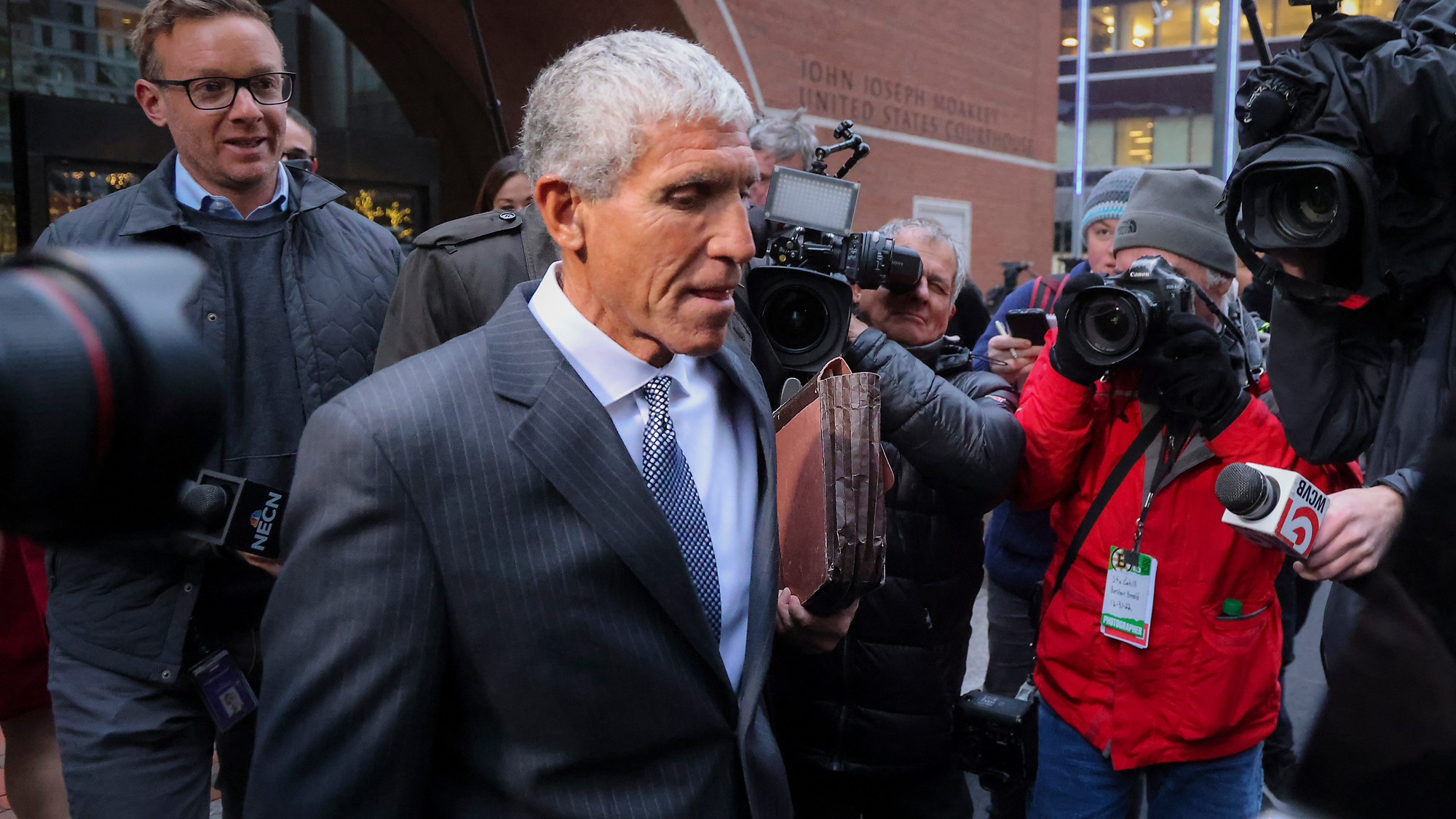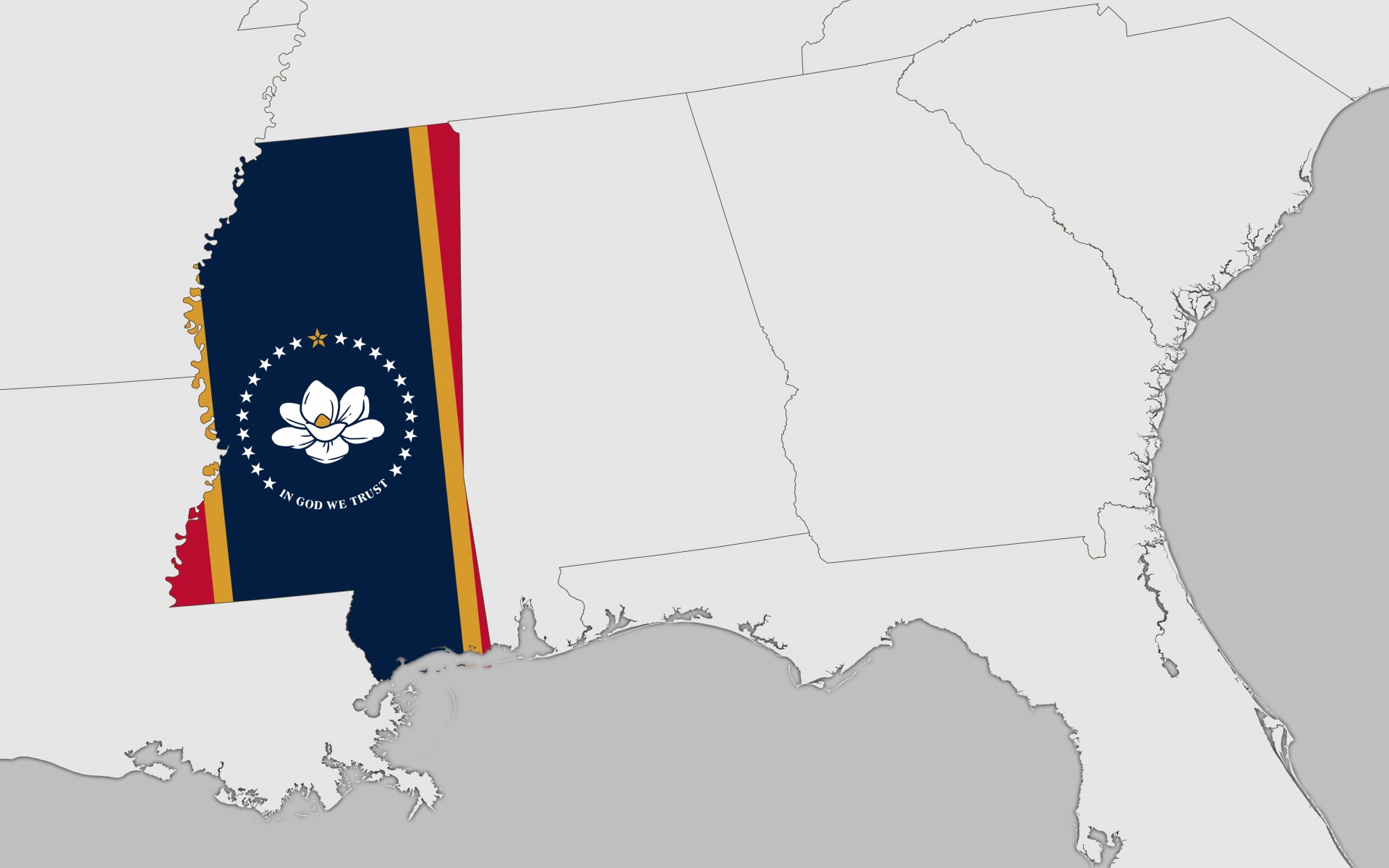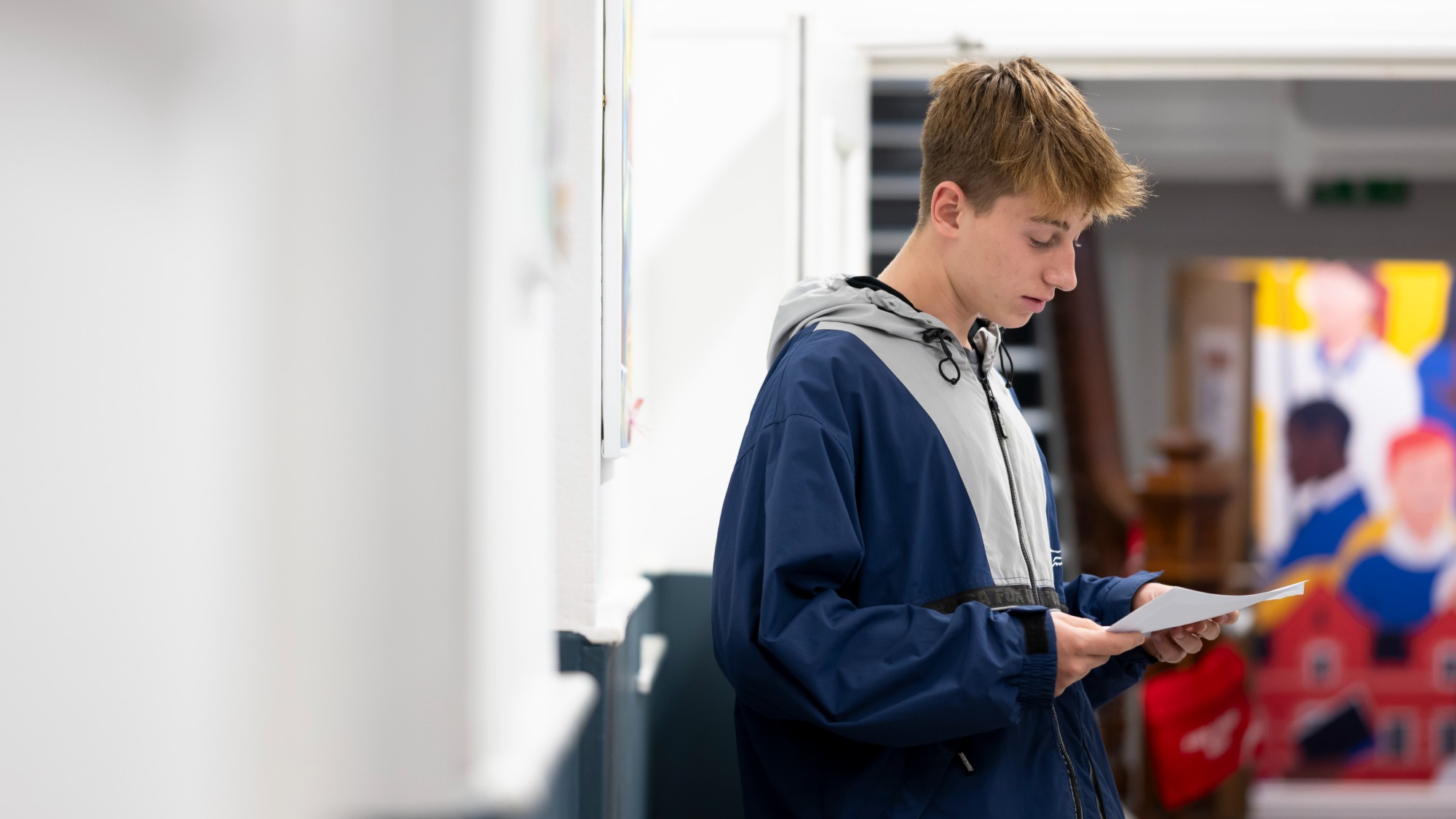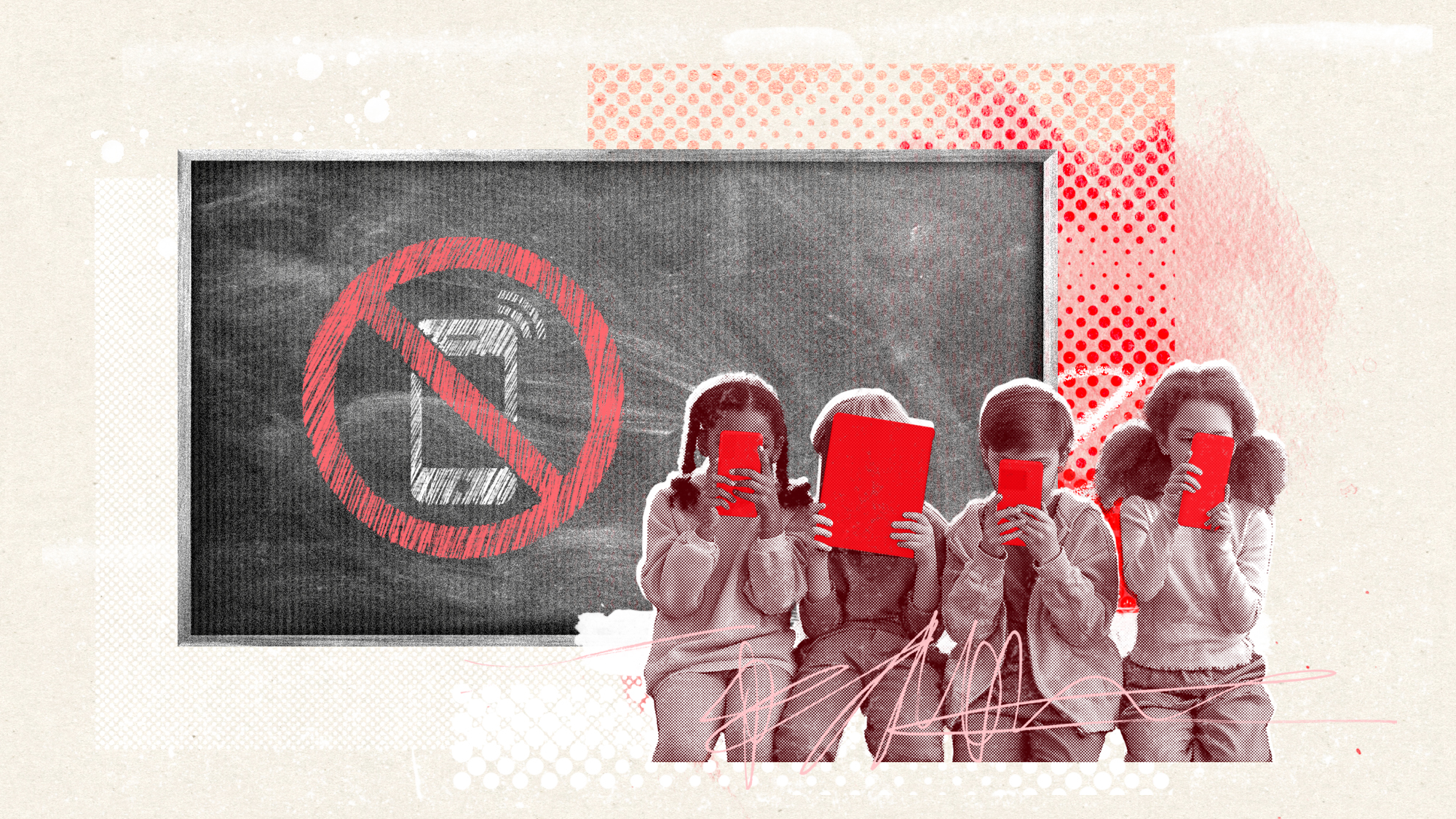Not worth cheating your way in
Bribing the college admissions office no longer makes any sense


A free daily email with the biggest news stories of the day – and the best features from TheWeek.com
You are now subscribed
Your newsletter sign-up was successful
Remember the "Varsity Blues" scandal of five years ago? If you don’t — and given everything that has happened in the world since, you very well may not — we can recap briefly: A college consultant named Rick Singer was charged (and later convicted) of bribing college admissions officers on behalf of well-connected clients. There were fake photos of water polo competitions, ringers taking the SATs, and a cast of chief executives and Hollywood types. The actress Felicity Huffman went to jail for 11 days. As corruption goes, the stakes were pretty small potatoes. But in retrospect Varsity Blues feels like a turning point. Five years ago, the idea that spots in top colleges were available for sale fed into all the misgivings that ordinary people had about academia and power. It was a little chink in the armor of meritocracy, confirming the suspicion that entry into the ruling class just required greasing the right palm.
I think Varsity Blues would play out differently now. Merely five years ago, the value and prestige of top universities was largely unquestioned. Since then, the standing of universities has been dramatically eroded. Middle-class parents, humiliated at coming hat-in-hand to the financial aid office to find out how much of a discount they can get off colleges' outsize — and largely fictional — sticker prices, wonder what value they are getting. Conservatives dismiss universities as factories for indoctrination, while liberals believe that the whole idea of meritocratic admissions is a fig leaf for upper-class power hoarding. Some consultants still charge parents tens of thousands of dollars to get their kids into college. But increasingly, the whole edifice of American college admissions seems like a relic of a collapsing era. At the time of the scandal, no one seemed to ask, "Is it even worth it?" Now that feels like the very first question that comes to mind.
This is the editor's letter in the current issue of The Week magazine.
The Week
Escape your echo chamber. Get the facts behind the news, plus analysis from multiple perspectives.

Sign up for The Week's Free Newsletters
From our morning news briefing to a weekly Good News Newsletter, get the best of The Week delivered directly to your inbox.
From our morning news briefing to a weekly Good News Newsletter, get the best of The Week delivered directly to your inbox.
A free daily email with the biggest news stories of the day – and the best features from TheWeek.com
Mark Gimein is a managing editor at the print edition of The Week. His work on business and culture has appeared in Bloomberg, The New Yorker, The New York Times and other outlets. A Russian immigrant, and has lived in the United States since the age of five, and now lives in Brooklyn with his wife and son.
-
 The ‘ravenous’ demand for Cornish minerals
The ‘ravenous’ demand for Cornish mineralsUnder the Radar Growing need for critical minerals to power tech has intensified ‘appetite’ for lithium, which could be a ‘huge boon’ for local economy
-
 Why are election experts taking Trump’s midterm threats seriously?
Why are election experts taking Trump’s midterm threats seriously?IN THE SPOTLIGHT As the president muses about polling place deployments and a centralized electoral system aimed at one-party control, lawmakers are taking this administration at its word
-
 ‘Restaurateurs have become millionaires’
‘Restaurateurs have become millionaires’Instant Opinion Opinion, comment and editorials of the day
-
 American universities are losing ground to their foreign counterparts
American universities are losing ground to their foreign counterpartsThe Explainer While Harvard is still near the top, other colleges have slipped
-
 How Mississippi moved from the bottom to the top in education
How Mississippi moved from the bottom to the top in educationIn the Spotlight All eyes are on the Magnolia State
-
 Education: More Americans say college isn’t worth it
Education: More Americans say college isn’t worth itfeature College is costly and job prospects are vanishing
-
 How will new V level qualifications work?
How will new V level qualifications work?The Explainer Government proposals aim to ‘streamline’ post-GCSE education options
-
 England’s ‘dysfunctional’ children’s care system
England’s ‘dysfunctional’ children’s care systemIn the Spotlight A new report reveals that protection of youngsters in care in England is failing in a profit-chasing sector
-
 The pros and cons of banning cellphones in classrooms
The pros and cons of banning cellphones in classroomsPros and cons The devices could be major distractions
-
 School phone bans: Why they're spreading
School phone bans: Why they're spreadingFeature 17 states are imposing all-day phone bans in schools
-
 Schools: The return of a dreaded fitness test
Schools: The return of a dreaded fitness testFeature Donald Trump is bringing the Presidential Fitness Test back to classrooms nationwide
